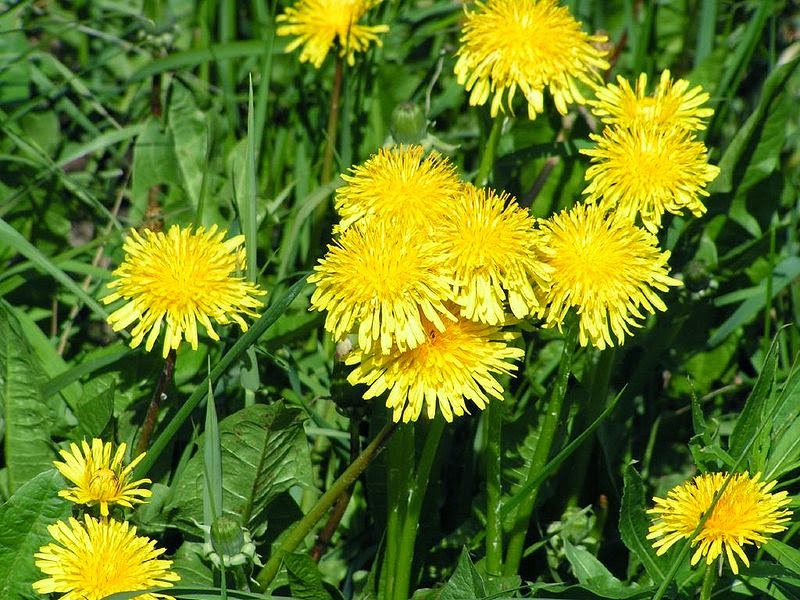 |
| Source: Wikimedia Commons |
I was thinking about all the ways, over time, that people have brought offerings to the temples of their gods. That was the way it was long ago. And that's the way it is today. Pagans bring cans for a food pantry to a public ritual, Heathens pour blots, Wiccans set aside a portion from cakes and ale to offer to the gods, Christians put money in a collection plate...
And all of those can be quite sincere, of course. But they are outward forms. They can become empty forms, if we don't remember what it takes to fill them.
Thinking about the matter as a Quaker, I asked myself, what's the spiritual substance that informs those outward forms--at least for me, and in my life as a Friend?
That thought tumbled together with the idea of preparation for meeting for worship: the practices throughout the week that get us ready to share in meeting on Sundays.
I think there is a way that that is the offering. It's not so much what we bring to worship once a week... it's the week that we live, in preparation for worship.
I don't mean time spent in prayer or meditation, exactly, though those can be part of how the real offering becomes possible. Instead... I think I mean that our offering is made up of all the moments of faithfulness we have during a week, all the little moments of living fully into the Spirit of Love and Truth we worship on First Days.
- When I looked up the other day to see a troubled student return to my classroom after an absence, and smiled, with a real and spontaneous upwelling of gladness to see her, in spite of our sometimes difficult relationship... that was part of my offering.
- When I was able to respond to an angry confrontation with simplicity and presence rather than defensiveness or sarcasm... that was part of my offering.
- When a friend made himself emotionally vulnerable by confiding something difficult to me, and I responded with a confidence of my own... that was part of my offering.
Some of the pieces were small, and no one, including me, consciously even saw them. Some of them were large, and other people commented on them. But each of those moments, noticed or not, was part of living in real unity with That Spirit I sense in meeting.
No offering I could put into a plate could possibly mean more. I know that. Maybe I know that because I'm a mom, and I know how it feels to be given the plain gifts of a child's heart.
In a week when I have done well, when I have remembered how to stay present with That Spirit, I am as happy when the time comes to make my weekly offering as any child would be, holding up a just-picked bunch of dandelions for Mom.
"See?" part of me is saying. "See? I made this for You."
I think She likes them.

Comments
Michael Bright Crow
[Captcha wants me to write "fervile nances." Sounds like something really special. I wonder what they are?]